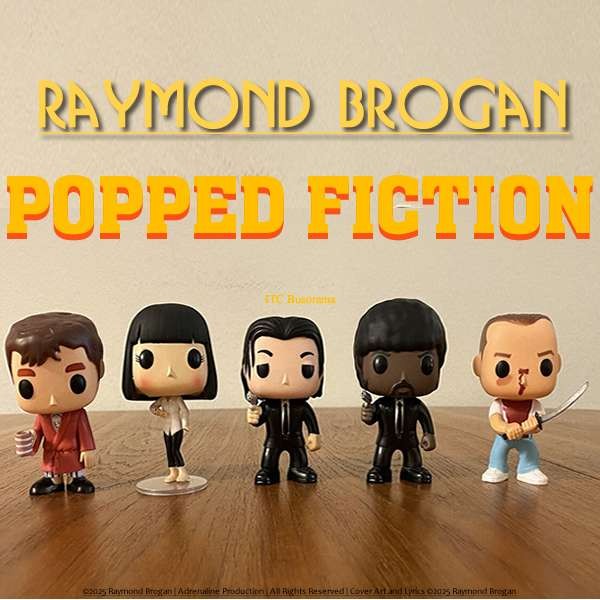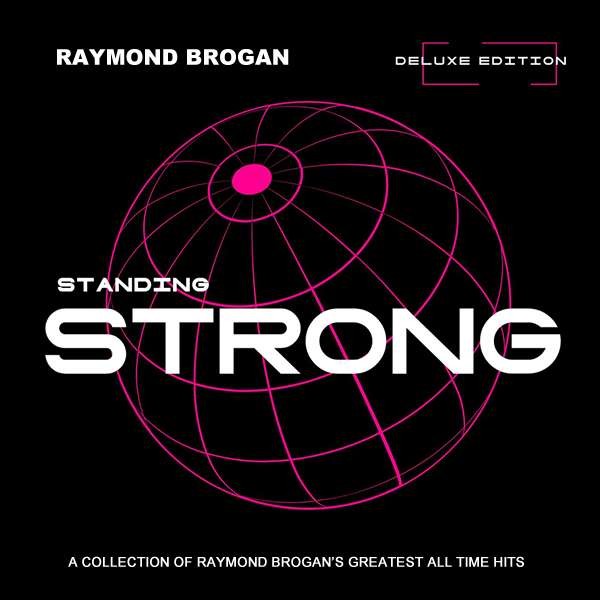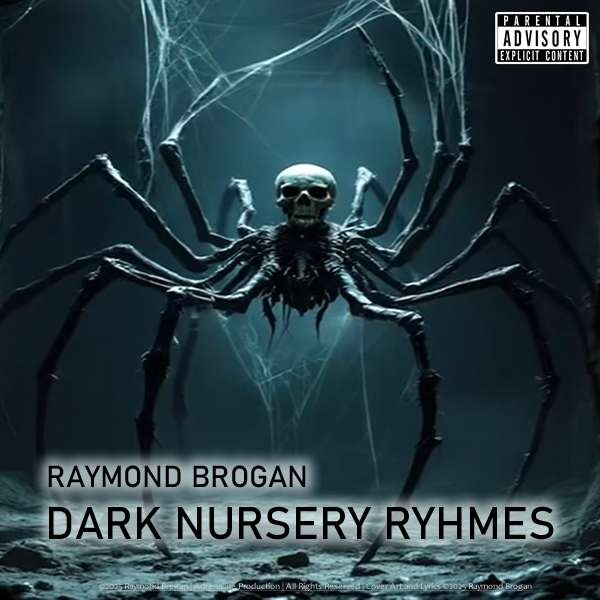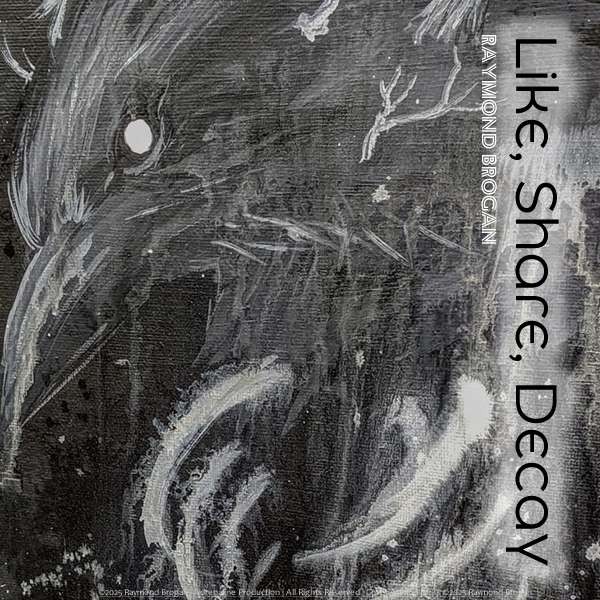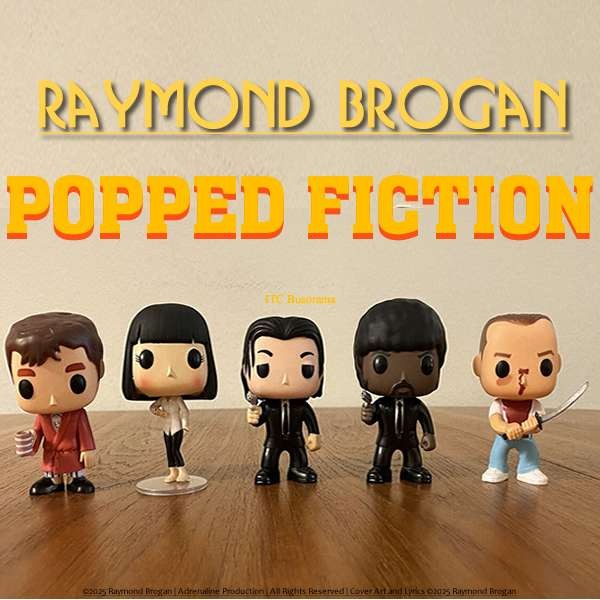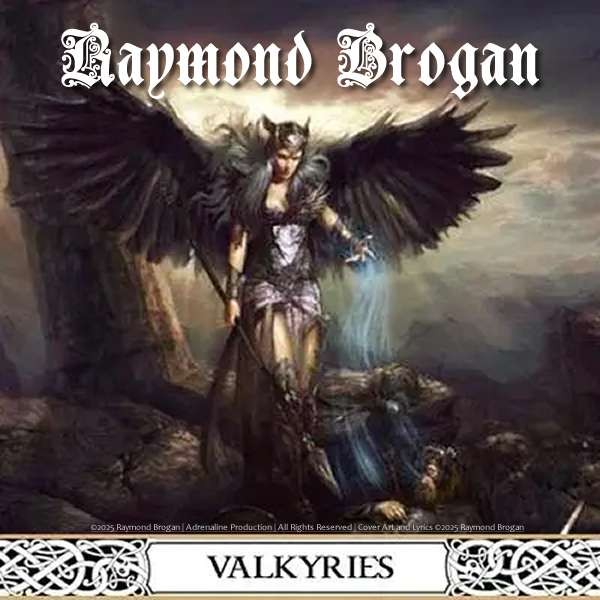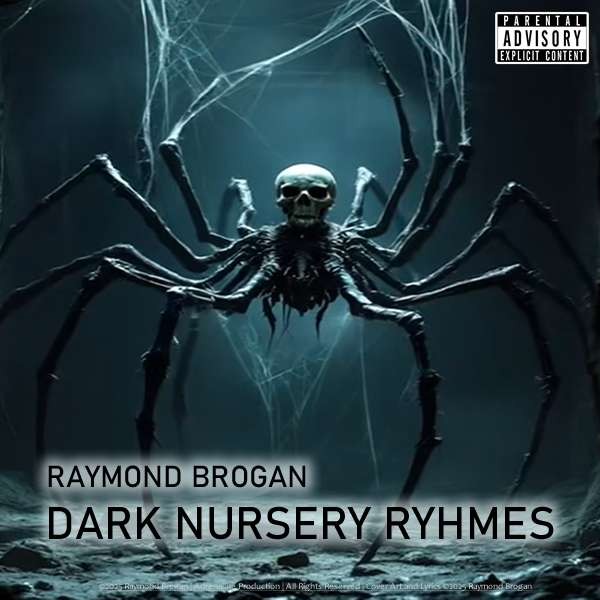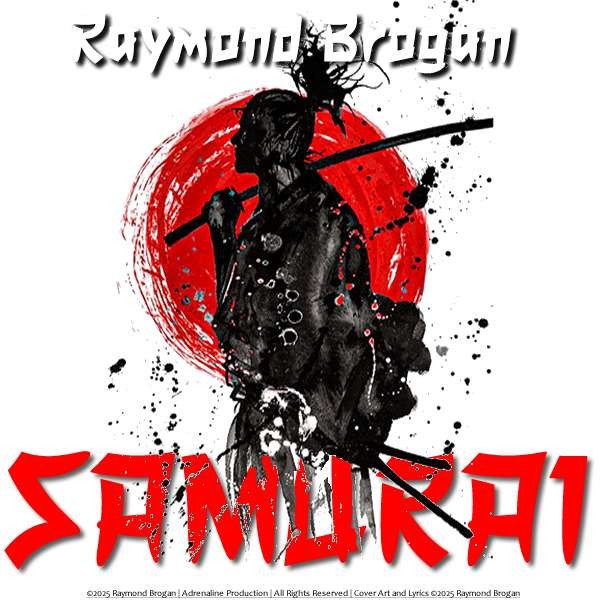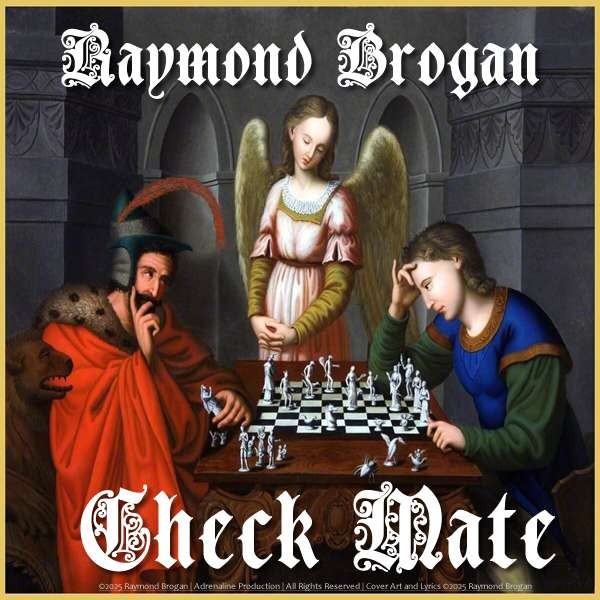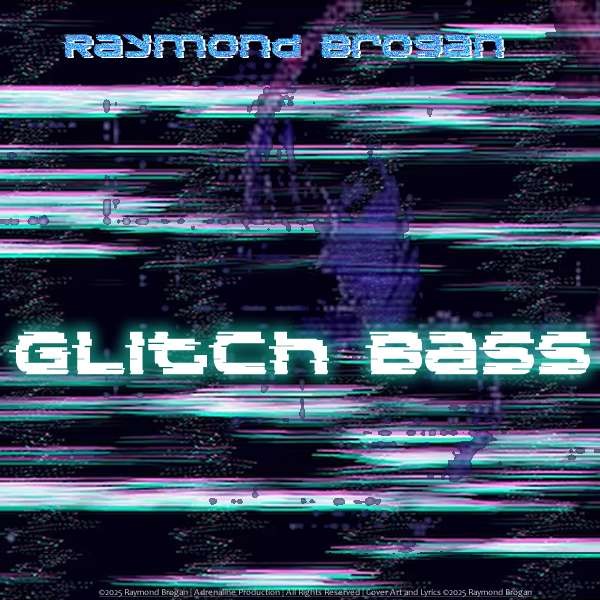Track 6: Bonus: “Star Spangled Banner”
- 20
- 0
- 0
- 0
- 0
- 0
"The Star-Spangled Banner" is the national anthem of the United States. The lyrics come from the "Defence of Fort McHenry", a poem written by American lawyer Francis Scott Key on September 14, 1814, after he witnessed the bombardment of Fort McHenry by the British Royal Navy during the Battle of Baltimore in the War of 1812. Key was inspired by the large U.S. flag, with 15 stars and 15 stripes, known as the Star-Spangled Banner, flying triumphantly above the fort after the battle.
The poem was set to the music of a popular British song written by John Stafford Smith for the Anacreontic Society, a social club in London. Smith's song, "To Anacreon in Heaven" ("The Anacreontic Song"), with various lyrics, was already popular in the United States. This setting, renamed "The Star-Spangled Banner", soon became a popular patriotic song. With a range of 19 semitones, it is known for being very difficult to sing, in part because the melody sung today is the soprano part. Although the poem has four stanzas, typically only the first is performed, with the other three being rarely sung.
"The Star-Spangled Banner" was first recognized for official use by the United States Navy in 1889. On March 3, 1931, the U.S. Congress passed a joint resolution (46 Stat. 1508) making the song the official national anthem of the United States, which President Herbert Hoover signed into law. The resolution is now codified at 36 U.S.C. § 301(a).
Şarkı sözleri
Complete version of "The Star-Spangled Banner" showing spelling and punctuation
from Francis Scott Key's manuscript in the Maryland Historical Society collection.
O say can you see, by the dawn's early light,
What so proudly we hail'd at the twilight's last gleaming,
Whose broad stripes and bright stars through the perilous fight
O'er the ramparts we watch'd were so gallantly streaming?
And the rocket's red glare, the bomb bursting in air,
Gave proof through the night that our flag was still there,
O say does that star-spangled banner yet wave
O'er the land of the free and the home of the brave?
On the shore dimly seen through the mists of the deep
Where the foe's haughty host in dread silence reposes,
What is that which the breeze, o'er the towering steep,
As it fitfully blows, half conceals, half discloses?
Now it catches the gleam of the morning's first beam,
In full glory reflected now shines in the stream,
'Tis the star-spangled banner - O long may it wave
O'er the land of the free and the home of the brave!
And where is that band who so vauntingly swore,
That the havoc of war and the battle's confusion
A home and a Country should leave us no more?
Their blood has wash'd out their foul footstep's pollution.
No refuge could save the hireling and slave
From the terror of flight or the gloom of the grave,
And the star-spangled banner in triumph doth wave
O'er the land of the free and the home of the brave.
O thus be it ever when freemen shall stand
Between their lov'd home and the war's desolation!
Blest with vict'ry and peace may the heav'n rescued land
Praise the power that hath made and preserv'd us a nation!
Then conquer we must, when our cause it is just,
And this be our motto - "In God is our trust,"
And the star-spangled banner in triumph shall wave
O'er the land of the free and the home of the brave.




